Mark your calendars for DISI's End of Semester Showcase! Community partners and students come together to learn about and celebrate all of the hard work our teams have done over the semester. Mingle over drinks and heavy hors d'oeuvres in your business casual attire. Prizes will be given out for best project manager and best project innovator!
|
Past Newsletters |

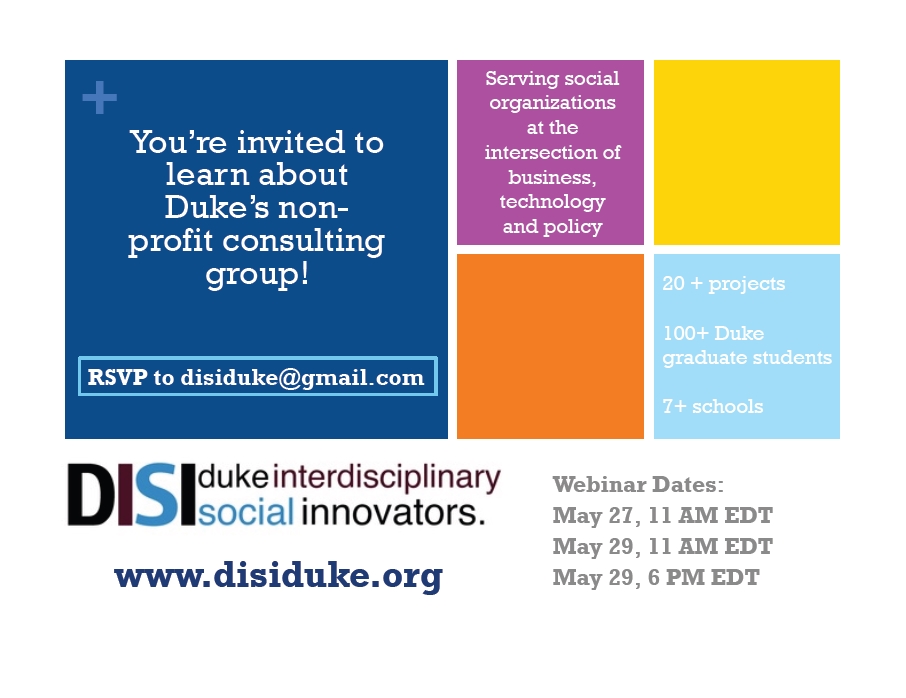
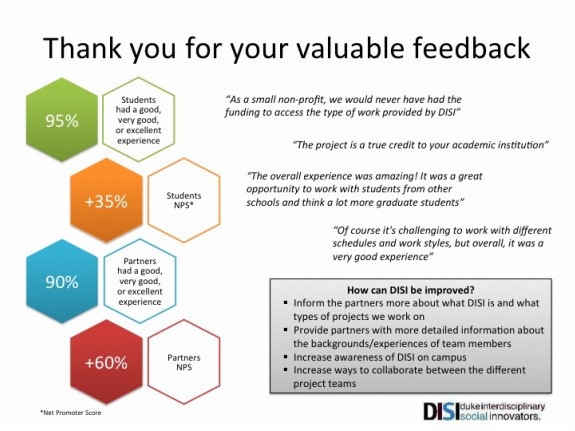
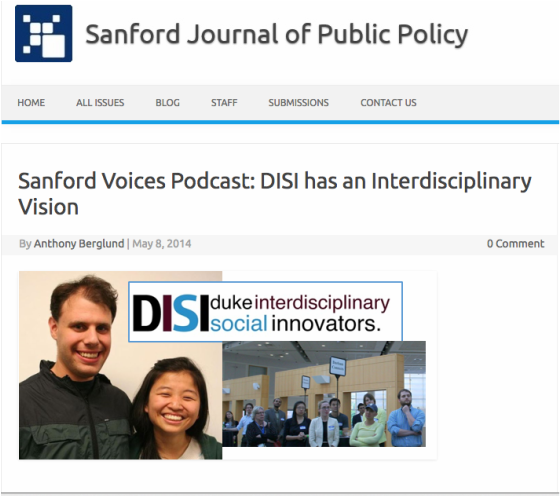
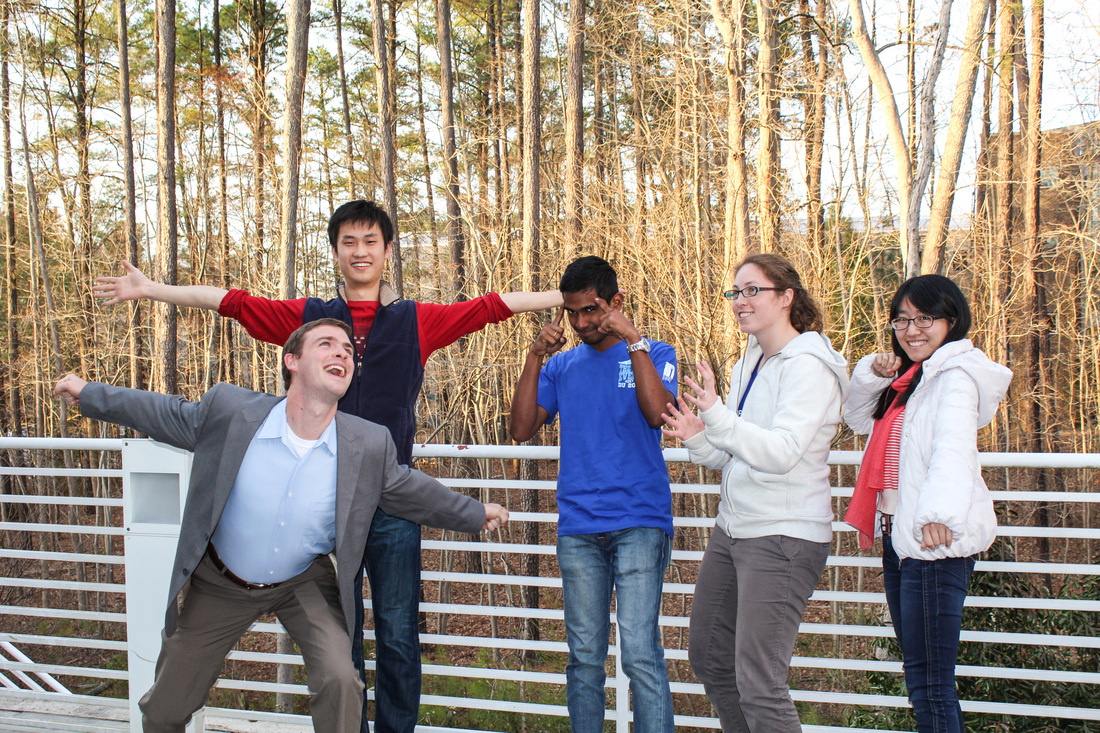
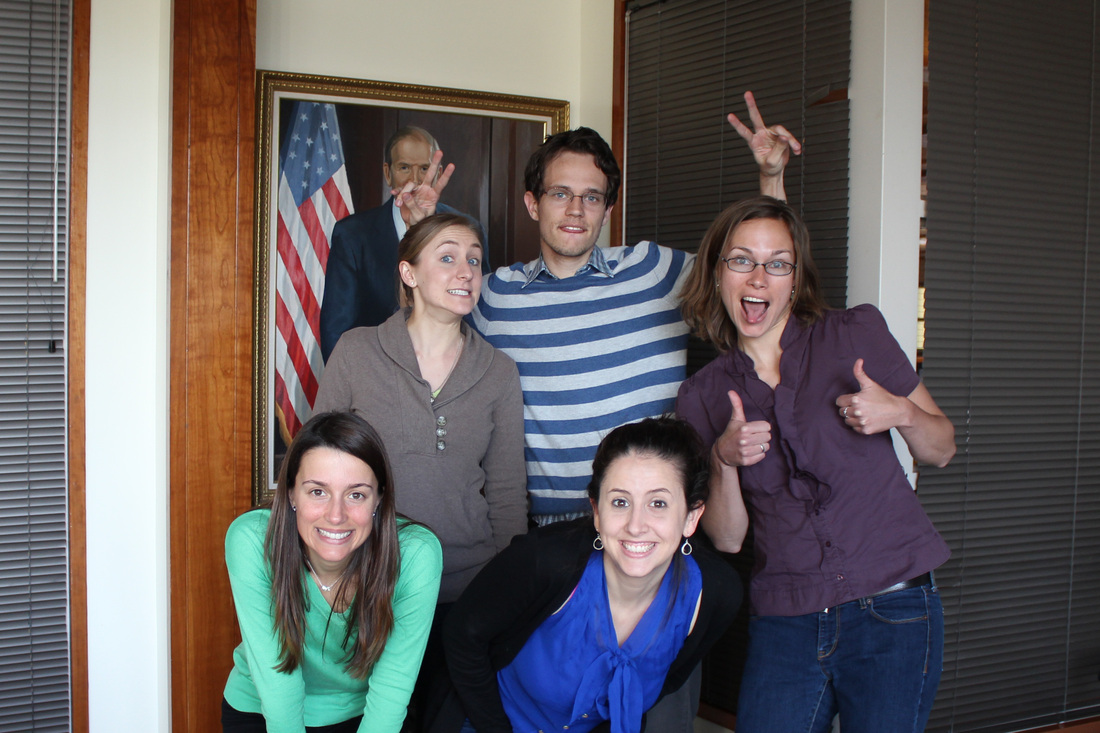
 RSS Feed
RSS Feed
